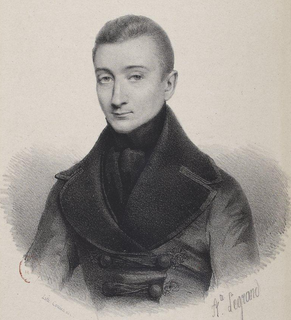A Quote by Francis Bacon
In taking revenge, a man is but even with his enemy; but in passing it over, he is superior.
Related Quotes
Politics, under a democracy, reduces itself to a mere struggle for office by flatterers of the proletariat; even when a superior man prevails at that disgusting game he must prevail at the cost of his self-respect. Not many superior men make the attempt. The average great captain of the rabble, when he is not simply a weeper over irremediable wrongs, is a hypocrite so far gone that he is unconscious of his own hypocrisy.. a slimy fellow, offensive to the nose.
A man who gives way to his passions is like a man who is shot by an enemy, catches the arrow in his hands, and then plunges it into his own heart. A man who is resisting his passions is like a man who is shot by an enemy, and although the arrow hits him, it does not seriously wound him because he is wearing a breastplate. But the man who is uprooting his passions is like a man who is shot by an enemy, but who strikes the arrow and shatters it or turns it back into his enemies heart.
How much reverence has a noble man for his enemies!--and such reverence is a bridge to love.--For he desires his enemy for himself, as his mark of distinction; he can endure no other enemy than one in whom there is nothing to despise and very much to honor! In contrast to this, picture "the enemy" as the man of ressentiment conceives him--and here precisely is his deed, his creation: he has conceived "the evil enemy," "the Evil One," and this in fact is his basic concept, from which he then evolves, as an afterthought and pendant, a "good one"--himself!
For the taking of revenge, a man locks himself up alone and thinks. His stomach must be empty for his head to be full. Vengeance comes a little from the heart and a lot from the mind; one must take oneself apart from the noise of men and of things, even from what resembles them; only the voices of bells and of thunder are allowed. Let the room in which you meditate be dark, narrow and warm.





































